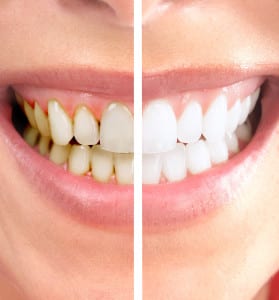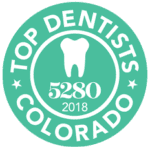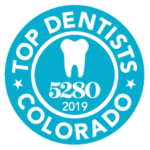For people who smoke, you may be well aware of the risks tobacco has on your overall health. There are advertisements, news articles, your doctor, and maybe your friends and family who have shared information and concern about what a smoker means to your body.
But do you know the risks and damage smoking specifically does to your teeth and overall oral health? Well, there’s a lot of them:
- Tobacco use greatly increases the chance of many oral health problems: Half of the adults who smoke have periodontal or gum disease.
- Smokers have an increased buildup of tartar and plaque on their teeth.
- People who smoke are almost twice as likely to lose their teeth as non-smokers.
- Tobacco reduces the ability of the body to fight infection, in the mouth and body.
- Cigarette smokers are twice as likely to require root canal treatment.
- Chewing tobacco users are 50 times more susceptible to developing cheek and gum cancers.
 The problem with smoking and oral health is that tobacco and other smoking products affect the attachment of soft tissue and bone to your teeth. This results in an environment in the mouth that leads to the buildup of bacteria, loose teeth, and an inability to fight infection. Smoking interferes with the cells in gum tissue that, in turn, impairs blood flow to the gums.
The problem with smoking and oral health is that tobacco and other smoking products affect the attachment of soft tissue and bone to your teeth. This results in an environment in the mouth that leads to the buildup of bacteria, loose teeth, and an inability to fight infection. Smoking interferes with the cells in gum tissue that, in turn, impairs blood flow to the gums.
If you’re thinking that it’s only cigarettes that cause problems, think again. Pipes and cigars can result in jawbone loss that anchors teeth, which can result in tooth loss. Cancers of the mouth and throat are an increased risk for all types of smokers. Chewing tobacco actually contains more than 28 chemicals and more nicotine than cigarettes, and has been shown to increase oral and throat cancers.
 Besides serious oral health issues, smoking also results in bad breath and tooth discoloration and stains. Keep an eye out for signs of oral health issues related to smoking, such as burning, tenderness or numbness, a lump in the mouth, a change in gum color, loose teeth or changes in speaking, chewing, or swallowing.
Besides serious oral health issues, smoking also results in bad breath and tooth discoloration and stains. Keep an eye out for signs of oral health issues related to smoking, such as burning, tenderness or numbness, a lump in the mouth, a change in gum color, loose teeth or changes in speaking, chewing, or swallowing.
If you’re a smoker, we encourage you to find a way to stop. Even if you have smoked for years, quitting now can reduce the severe problems smoking can impact oral health! While it is always hard to break a habit, especially an addiction to nicotine, we encourage you to explore the many ways you can quit smoking:
- Talk to your doctor about ways to calm or stop nicotine cravings like medications or nicotine patches.
- Consider joining a smoking cessation class or support group.
- Avoid triggers that make you want to smoke.
- Explore alternative ways to quite such as herbal remedies, hypnosis or acupuncture.
- If you have a good support network, think about quitting completely at once.



